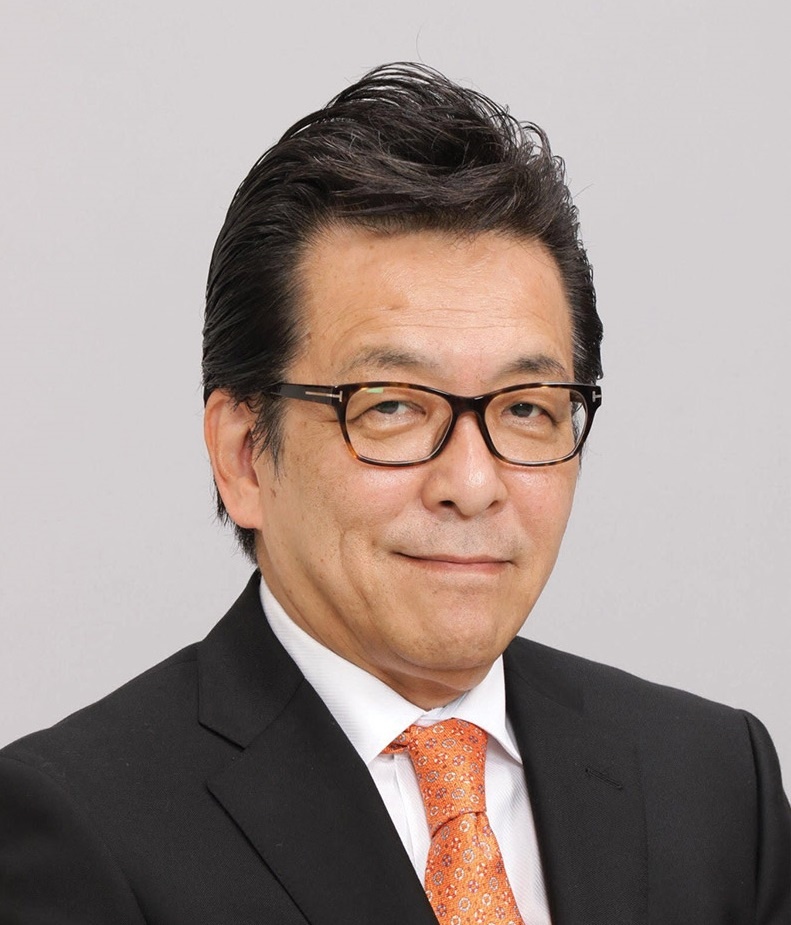Japanese M&A in Vietnam on a steady track to bigger deals
The deal value in Vietnam by Japanese investors last year was more than triple the figure of 2020. Why has there been a sharp increase in Japanese mergers and acquisitions (M&A) deals?
 |
| Masataka “Sam” Yoshida, head of the Cross-border Division of RECOF Corporation and CEO of RECOF Vietnam Co., Ltd |
This rise was due to an exceptional deal done by SMBC Consumer Finance, in the amount of nearly $1.38 billion, which acquired FE Credit from VP Bank.
In fact, there have been several relatively big deals by Japanese investors ranging from $50-100 million every two years during the last 10 years – however, this one was by far the largest. Apart from this one, we recognise that most of the Japanese-related deals were around $5-30 million in size, which did not show any big difference from before 2020.
What is M&A activity like so far in 2022 for Japanese groups here?
Despite the aforementioned mega deal by SMBC, most Japanese investors had to wait until travel restrictions were removed to promote their deals in Vietnam over the last two years.
From the very latter part of 2021, we started to recognise some Japanese investors daring to enter Vietnam to come to see their Vietnamese counterparts by accepting a 2-week quarantine after each trip here and back. Now that Vietnam has opened its gate to foreign travellers, many Japanese investors (including our clients) have started to plan their business and site visit trips, and see that flights from Japan to Vietnam are filling up fast.
With the loosened travel conditions, what is the current sentiment and pent-up demand of Japanese investors for Vietnam’s M&A market?
Japanese investors, especially those who were waiting for fewer travel restrictions, will be ready to restart pending negotiations.
Since the pandemic began I was able to enter Vietnam in December 2021 and then last month by following the correct entry process, which was a signal for me of the upcoming recovery of Japanese investments. I also have plans to travel to Vietnam three times over the next month.
This ease of access now demonstrates that, depending on the negotiations and regulators’ approval procedures, there will be more deals closing in the second and third quarter this year.
Do you think Vietnam-based assets are offered at more reasonable prices and Japanese investors with ample cash for acquisitions are looking towards a buying spree?
Every M&A deal has its own background so I cannot say for sure, but I believe that Japanese investors will not try to take advantage of pandemic-damaged assets by reflecting them directly to the valuation. However, most Japanese investors will require a more detailed briefing and analysis of the future market and the competitiveness of target companies to overcome the uncertainty caused in recent times.
With the recovery of the Vietnamese economy, do you expect Japanese investors to secure any more mega-deals in Vietnam this year?
One clear fact related to the deal size is that the growing economy made Vietnamese companies eventually increase their business size, which was relatively more modest than those of the surrounding ASEAN countries. This will eventually make Japanese investors’ target size larger than a few years ago and they have enough capacity to accommodate it, if there is a rationale.
Japanese companies will be required to invest more to secure their position in this growing market as competition with investors from South Korea, Singapore, and Thailand, is intensifying.
What the stars mean:
★ Poor ★ ★ Promising ★★★ Good ★★★★ Very good ★★★★★ Exceptional
Related Contents
Latest News
More News
- Haiphong gains new growth impetus from strategic planning and integrated infrastructure (February 27, 2026 | 16:40)
- Kurz Vietnam expands Gia Lai factory (February 27, 2026 | 16:37)
- SK Innovation-led consortium wins $2.3 billion LNG project in Nghe An (February 25, 2026 | 07:56)
- THACO opens $70 million manufacturing complex in Danang (February 25, 2026 | 07:54)
- Phu Quoc International Airport expansion approved to meet rising demand (February 24, 2026 | 10:00)
- Bac Giang International Logistics Centre faces land clearance barrier (February 24, 2026 | 08:00)
- Bright prospects abound in European investment (February 19, 2026 | 20:27)
- Internal strengths attest to commitment to progress (February 19, 2026 | 20:13)
- Vietnam, New Zealand seek level-up in ties (February 19, 2026 | 18:06)
- Untapped potential in relations with Indonesia (February 19, 2026 | 17:56)

 Tag:
Tag:




















 Mobile Version
Mobile Version